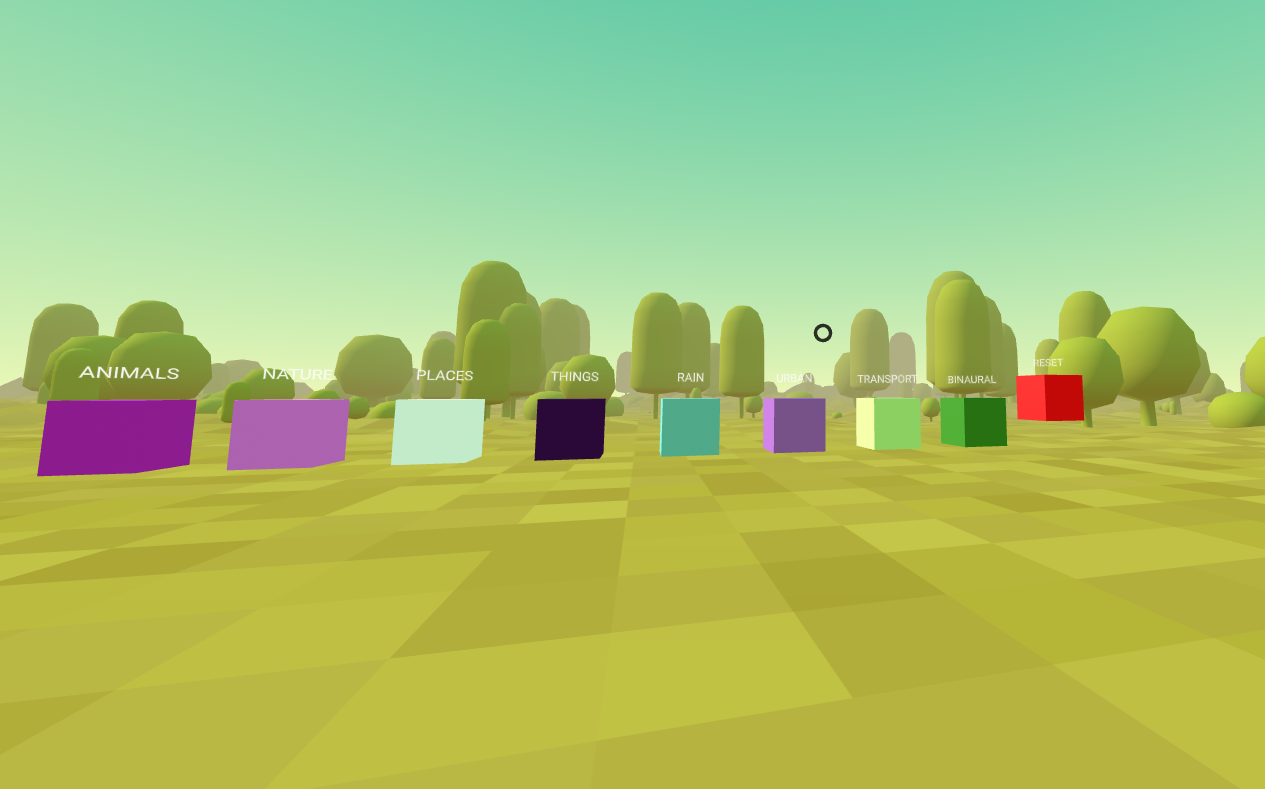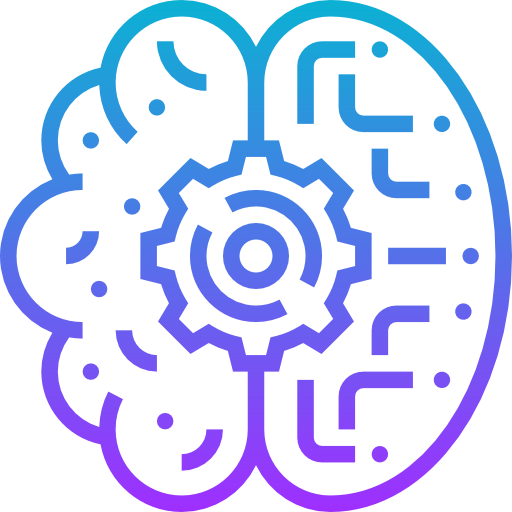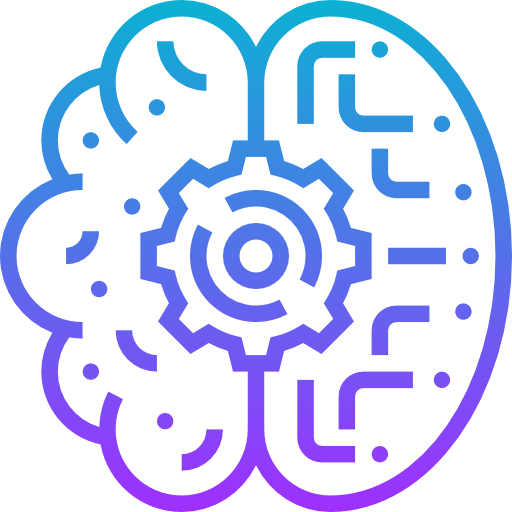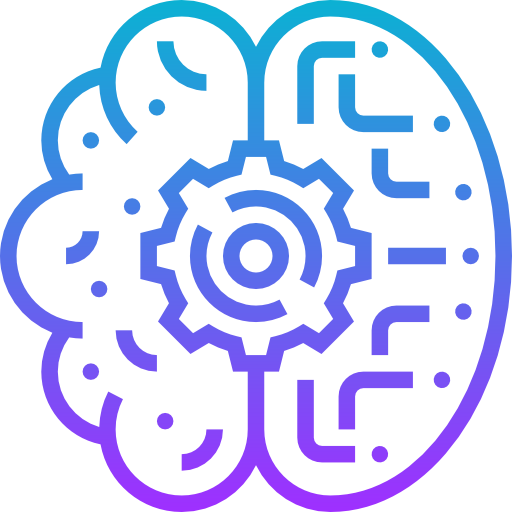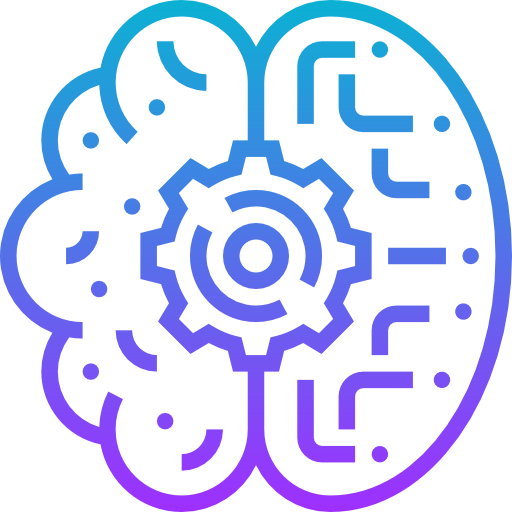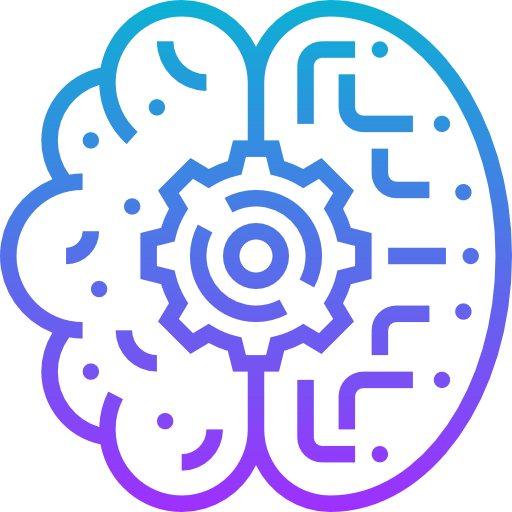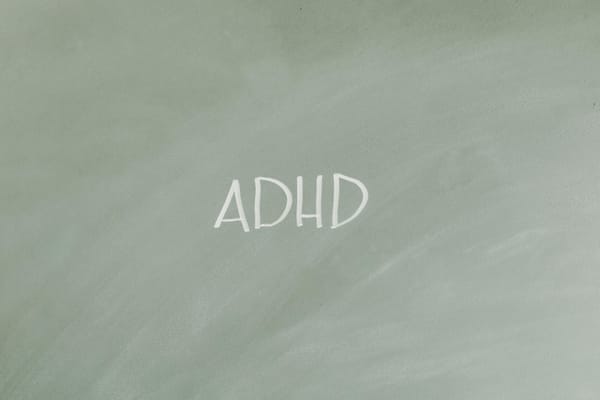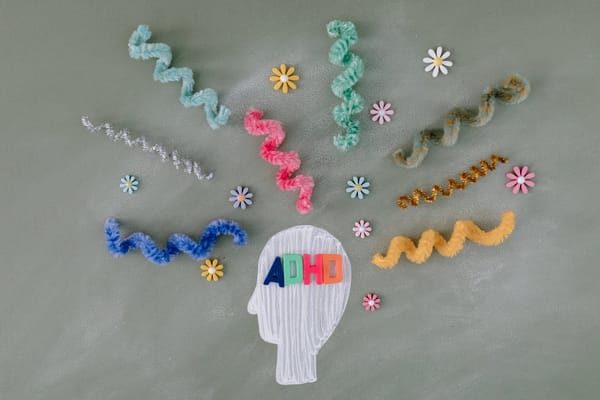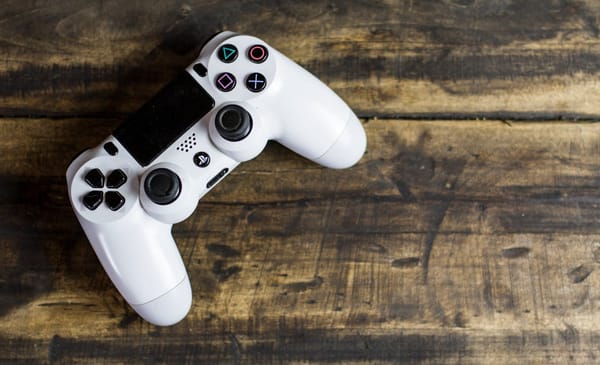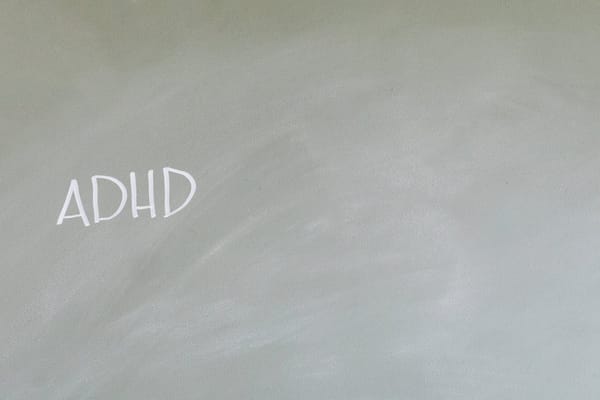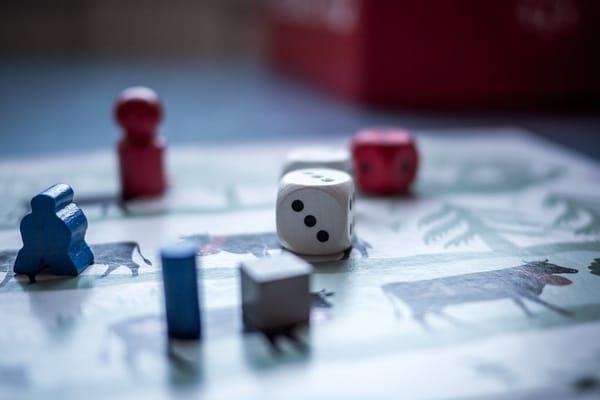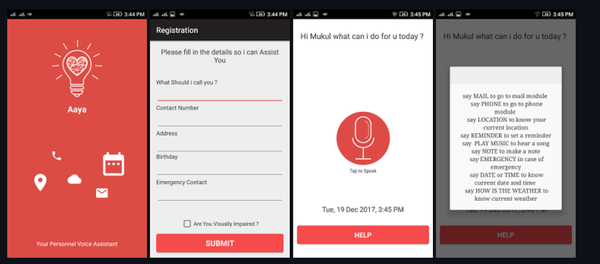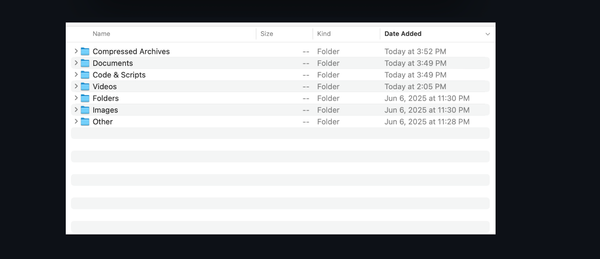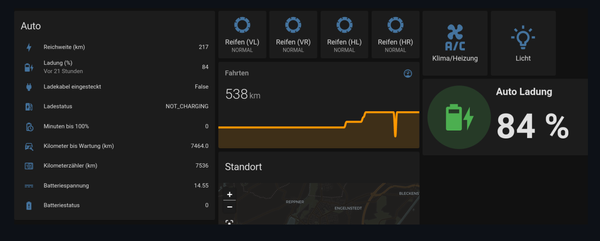ADHD and Gaming: Why Some Games Are a No-Go (And Others Are Pure Magic) With Examples!
Table of Content
Over the years, I’ve written a bunch of articles about ADHD—how it affects people, how to manage it, and even how tech and gaming can play a role in either helping or hurting. As both a doctor and someone who’s into game development, I’ve seen firsthand how games impact my friends with ADHD. And honestly? It’s not always pretty. But it can be awesome if you know what to look for.
When local game devs and designers ask me questions like, “Why do some people with ADHD rage-quit so hard?” or “What kind of games could actually help them chill out?”—I get excited. Because this is where science meets creativity, and we can make something truly meaningful. So let’s dive into why ADHD brains should steer clear of certain types of games, which ones they should totally avoid, and seven games that might just save their sanity.
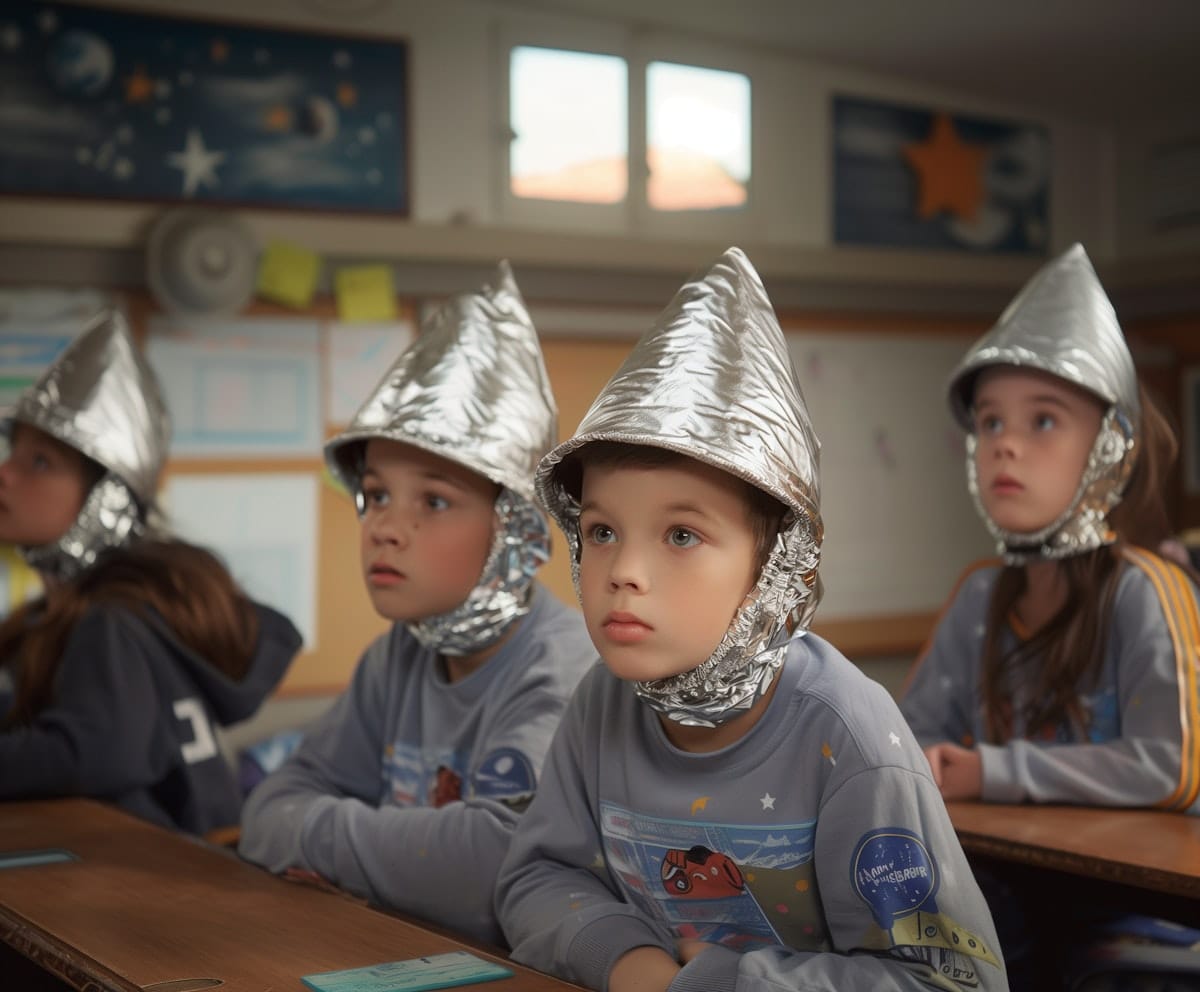
The ADHD Brain on Stressful Games
If you’ve ever spent time around someone with ADHD, you’ll notice they’re wired differently. Their dopamine levels are naturally lower, which means they crave stimulation more than most. That’s why gaming feels like such a perfect fit—it delivers quick hits of excitement and reward.
But here’s the catch: not all games are created equal. When an ADHD brain gets thrown into a stressful, high-pressure game, things go sideways fast. Here’s why:
- Cortisol spikes: Stressful games trigger cortisol, the hormone that puts your body into fight-or-flight mode. For ADHD brains, this can feel overwhelming because their emotional regulation is already a bit shaky.
- Dopamine whiplash: High-stakes games give big dopamine rushes when you win—but brutal crashes when you lose. This rollercoaster leaves ADHD players feeling drained and frustrated.
- Overstimulation overload: Many ADHD folks struggle with sensory processing. Add flashing lights, loud noises, and constant pressure, and you’ve got a recipe for meltdown city.
So yeah, stressful games? Not great. Let’s talk about specific titles to dodge.
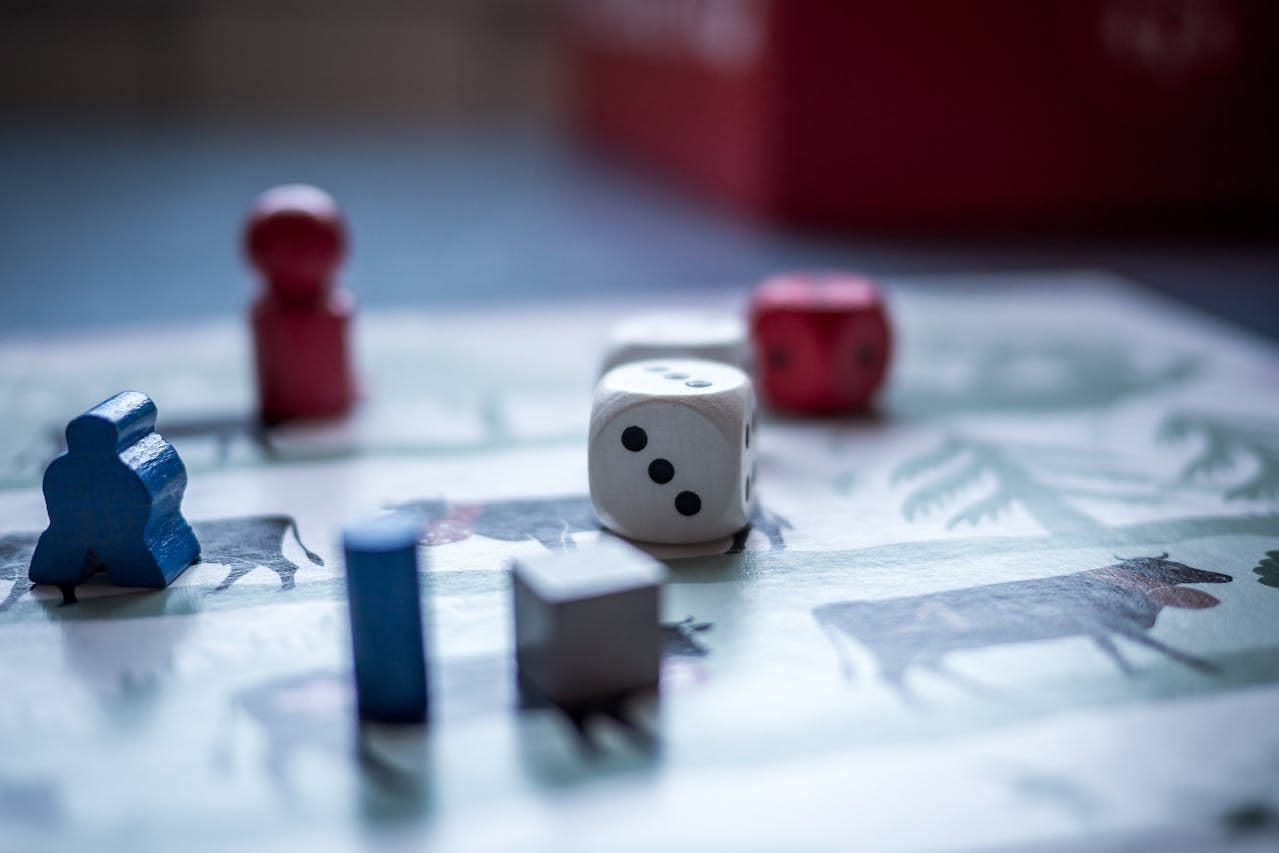
Games ADHD Folks Should Avoid
Here’s a list of games that tend to crank up the stress dial way too high for ADHD players:
- Fortnite/Battle Royale Games
The nonstop action, toxic teammates, and fear of losing streaks? Yeah, no thanks. - Dark Souls Series
While these games are legendary for challenging gameplay, the constant failure loop can tank self-esteem and ramp up frustration. - League of Legends/Dota 2
Competitive team games often come with nasty chat toxicity and insane pressure to perform. - Call of Duty/Other Fast-Paced Shooters
Between split-second decisions and chaotic visuals, these games can leave ADHD brains fried. - Dead by Daylight/Other Horror Games
Jump scares + intense survival mechanics = cortisol overload. - Rocket League
Sure, it’s fun… until you miss a shot five times in a row and start questioning your life choices. - PUBG
Similar to Fortnite but somehow even more punishing. One bad move, and you're out.
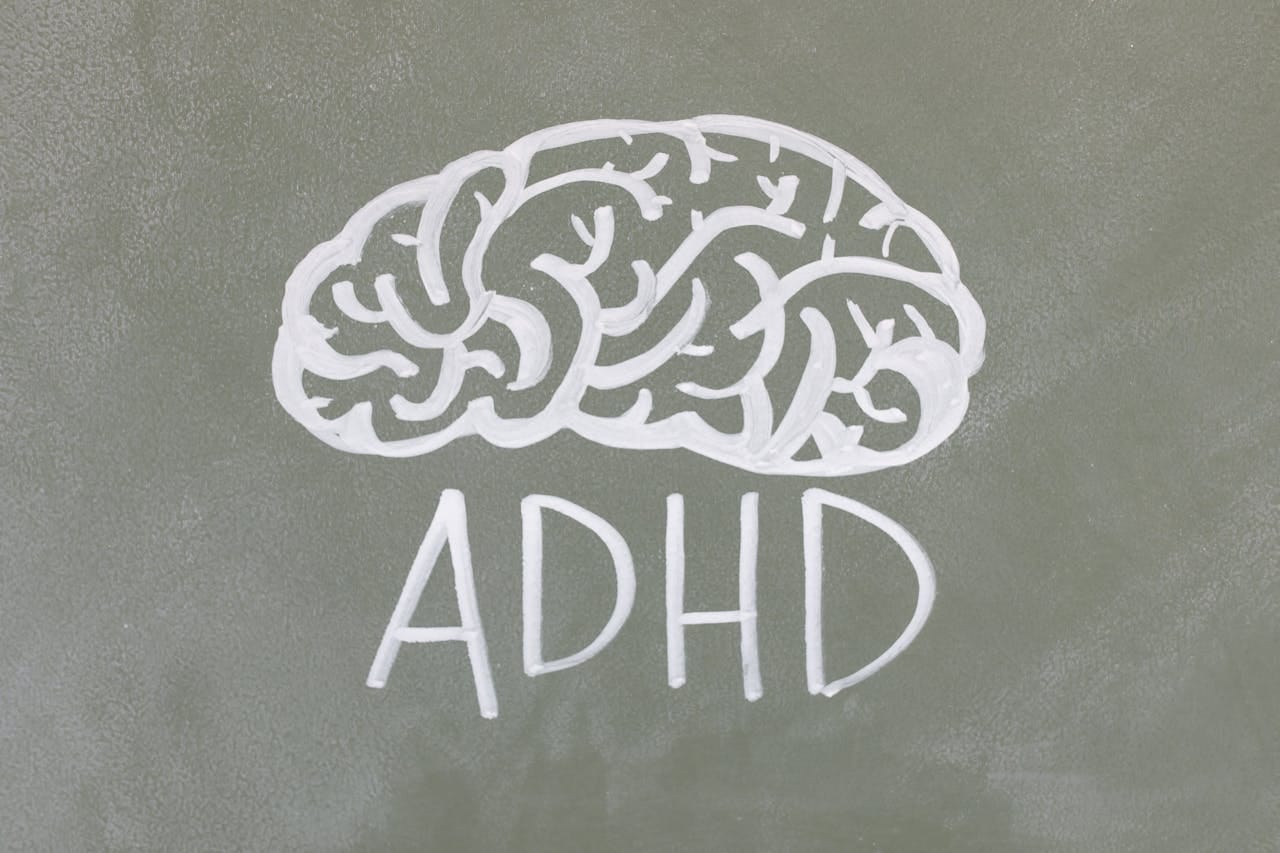
7 Games That Help ADHD Brains Thrive
Now for the good stuff—the games that actually help ADHD brains relax, focus, and maybe even improve their mental state. These picks aren’t random; they’re based on real feedback from my friends with ADHD and backed by what we know about brain chemistry.
1. Stardew Valley
This farming sim is pure therapy. It lets you set your own pace, explore creatively, and build something beautiful without any pressure. Plus, digging in virtual dirt feels oddly satisfying.
2. Minecraft
Building entire worlds? Yes, please. Minecraft taps into the ADHD brain’s love for creativity and problem-solving while keeping stress levels low. Just don’t forget to eat dinner!
3. Animal Crossing: New Horizons
With its calm vibes and endless customization options, Animal Crossing is basically a hug in video game form. You can fish, decorate, or just hang with cute villagers—it’s impossible to lose.
4. Tetris Effect
There’s something almost meditative about Tetris Effect. The music syncs with the visuals, creating a flow state that helps ADHD brains zone in without overloading.
5. Journey
This indie gem is short, visually stunning, and completely free of stress. There’s no combat, no timers—just a peaceful adventure through gorgeous landscapes.
6. Celeste
While Celeste has challenging platforming sections, it’s designed with accessibility in mind. Players can toggle difficulty settings, making it approachable for ADHD gamers who want a challenge without tears.
7. Spiritfarer
Managing a boat full of spirits sounds stressful, right? Nope. Spiritfarer is all about care, connection, and closure. It’s emotional, sure, but in a healing way.
Tips for Game Designers: How to Make ADHD-Friendly Games
As someone who works with game developers, I’ve shared these tips countless times. If you’re designing games, keep ADHD players in mind—they’ll thank you for it.
- Offer Flexible Difficulty Settings
Let players adjust the challenge level. Not everyone thrives under extreme pressure. - Minimize Time Pressure
Timers are kryptonite for ADHD brains. Instead, focus on exploration and discovery. - Reduce Sensory Overload
Too many flashing lights, loud noises, or cluttered UI elements can overwhelm. Keep things clean and calming. - Reward Progress, Not Perfection
ADHD players thrive on small wins. Break tasks into manageable chunks and celebrate achievements along the way. - Include Cozy Modes
Add options for slower-paced, low-stress gameplay. Think “zen mode” in puzzle games or creative modes in sandbox titles. - Avoid Toxic Multiplayer Dynamics
Competitive multiplayer can breed negativity. Foster positive communities with tools to report toxic behavior. - Make Failure Fun
Failing shouldn’t feel like the end of the world. Design games where mistakes lead to learning opportunities, not frustration.
Wrap-Up
Gaming isn’t inherently bad for ADHD—it’s all about choosing the right experiences. By avoiding overly stressful games and embracing titles that promote relaxation and creativity, ADHD players can find joy instead of chaos. And hey, if you’re a game designer reading this, remember: the little tweaks you make can have a huge impact on neurodivergent players.
At the end of the day, gaming should feel like a safe space—a place to escape, recharge, or simply have fun. Whether you’re playing or developing, let’s work together to create experiences that everyone can enjoy.
